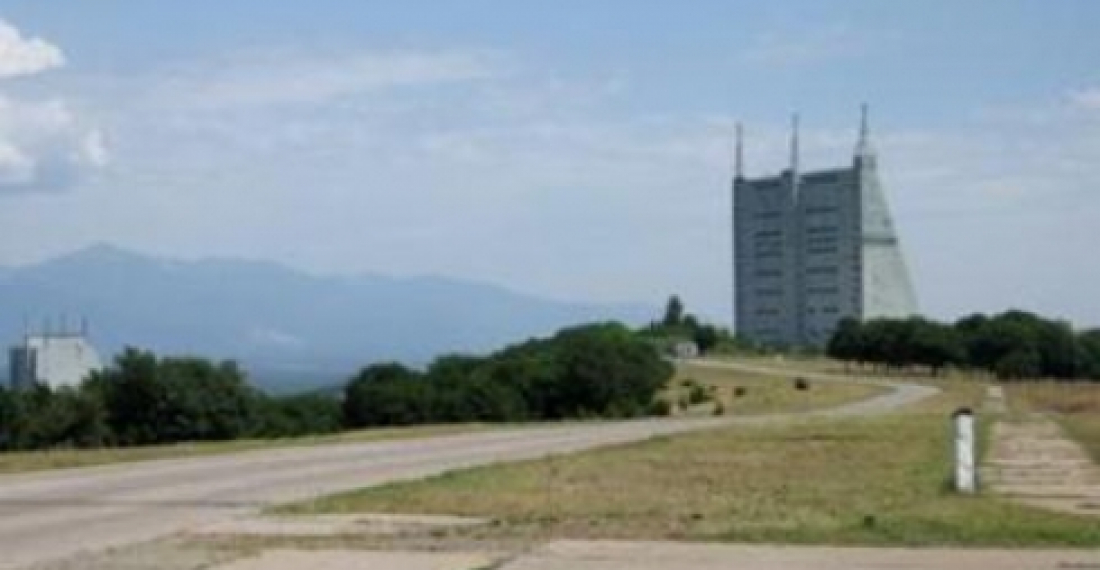The Gabala Radar Station in Azerbaijan is an odd left over from the time of the cold war.
It was built in 1985 and its main objective was to detect missile launches from as far as the Indian Ocean. The radar's surveillance covers Iran, Turkey, India, Iraq and the entire Middle East. It allows not only detection of the launch of a missile but is also able to track the whole of its trajectory so as to enable a ballistic missile defence system to intercept an offensive strike.
Despite the fact that all Russian troops left Azerbaijan in 1992-3, shortly after the dissolution of the USSR, the station was allowed to continue to operate, and this even with the acquiesence of the US and NATO. Around 1000 troops of the Russian Space Forces continue to operate and protect the facility.
In June 2007, during the G8 Summit in Germany, the Russian leader, Vladimir Putin, surprised his audience by offering to run Gabala as a joint US-Russian facility in return for the west abondoning plans for a US missile defence system in Poland. There was at the time a lot of speculation as to whether or not the Azerbaijan government had been consulted on such a proposal in advance, and the issue has never been properly clarified.
The Gabala facility is subject to a lease agreement signed by the governments of Azerbaijan and Russia in 2002. It is a ten year lease which is due for renewal in 2012. Azerbaijan receives a nominal fee of US$7 million a year for the lease of the facility. For the government of Azerbaijan however, this annual rent is of only symbolic importance. Azerbaijan has good relations with Russia, and the relationship is often described as "strategic". But for a variety of domestic and international reasons Azerbaijan is keen not to be seen having foreign armed forces on its territory. The renewal is likely to be granted but Azerbaijan will be seeking political favours from Moscow in return.
The Azerbaijan News Agency APA has reported that the negotiations will be held between teams from the defence Ministries of the two countries. APA quotes an Azerbaijani source saying that Baku has got a number of proposals concerning the new agreement, including increase of the lease payment, extra assistance of Russia for eliminating the ecological impacts of the radar, increase of the number of Azerbaijanis in the staff of the radar station, joint use of the radar, and the non transfer of information to third parties. According to the source, in August, 2010 the Azerbaijani government wrote off the energy debts of the radar accumulated since 1997. The agreement will be subject to ratification by the Azerbaijan Parliament.
source: commonspace.eu editorial team
photo: courtesy of news.az







